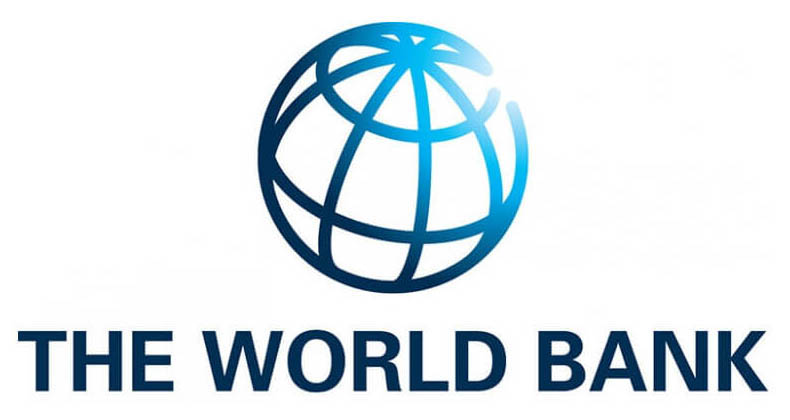As the coronavirus pandemic continues to ravage the global community with no hard immediate-term evidence of a respite in sight, a mid-August World Bank report says that an increasing number of countries across the globe are facing growing levels of acute food insecurity which carries with it the threat of a likely reversal of several years of development gains.
The Bank’s report says that even prior to the onset of COVID-19, reduced incomes and disrupted supply chains as well as chronic and acute hunger were already on the rise on account of factors that include conflict, socio-economic conditions, natural hazards, climate change, and pests. The advent of COVID-19, the World Bank says, has proceeded to add significant insult to the extant injury through “severe and widespread increases in global food insecurity, affecting vulnerable households in almost every country.” Worse, the report adds that these impacts are likely to continue through 2021, into 2022, and possibly beyond as the world witnesses the spread of the Delta variant of the pandemic.


